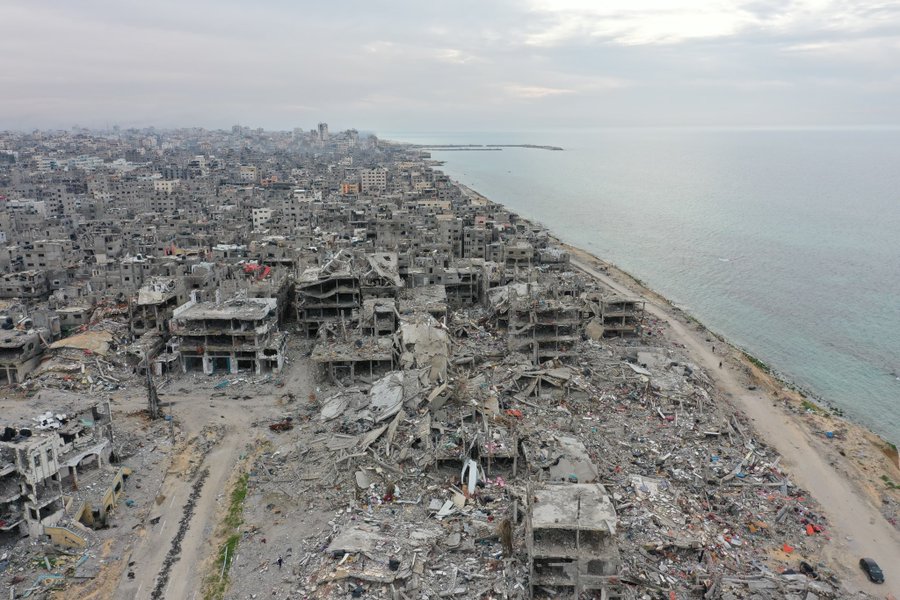Global Goals, Local Leaders: Reflections on the WFUNA Human Rights Training
Sarah Whipple, student at the University of Texas-Dallas, and President of the UNA UT-Dallas Chapter, reflects on her experience at this year’s WFUNA Human Rights Training

The theme for this year’s United Nations Day is “Global Goals, Local Leaders.” When I left Dallas to attend the WFUNA Human Rights Training at the UN Office in Geneva, I had no idea at the time how true those words really were. It is easy to see the United Nations as a political monolith, but my experience in Geneva proved to me that some of the most important human rights work conducted by the UN is empowering local leaders to address issues that are pertinent to their own communities.
Although we learned about the myriad ways the UN holds members states accountable for their human rights records, including the Universal Periodic Review and UN Treaty Bodies, I felt most inspired when I heard about the work my fellow participants were doing to improve human rights. Nobody claimed to have solved an issue for every country, or to have solved every issue in their own country; rather, their work focused on specific, localized projects that aimed to improve the lives of the people around them. Whether it was a lawyer in Brazil fighting for just conditions in juvenile prisons or the founder of a refugee resource center in Tblisi, Georgia, every representative had identified a need in their community and leveraged their expertise and resources to solve the problem.
On the last day of the training, one of the directors remarked, “We don’t mean the same thing when we say human rights.” This statement provides an important reflection from the conference. Although human rights are generally considered to be universal, communities view human rights through different lenses. As the representative from Democratic Republic of the Congo explained, human rights for one community may mean basic access to food and water, while in another community it may mean full rights to a free press. Understanding the human rights needs of different communities is a critical aspect of human rights work, and every representative at the training contributed their own knowledge so we could form a better and more complex understanding of human rights.
My encounters and experiences at the training emphasized for me that while our goals are global, their solutions are not. At the WFUNA Human Rights Training, I learned so much about how global human rights mechanisms work, and how both individuals and nations can use them to advance human rights. I am so grateful for the opportunity I had to meet a group of such passionate young people and learn about how, from Florida to Finland, they are tackling some of the world’ toughest problems and fighting to make it a better place.



